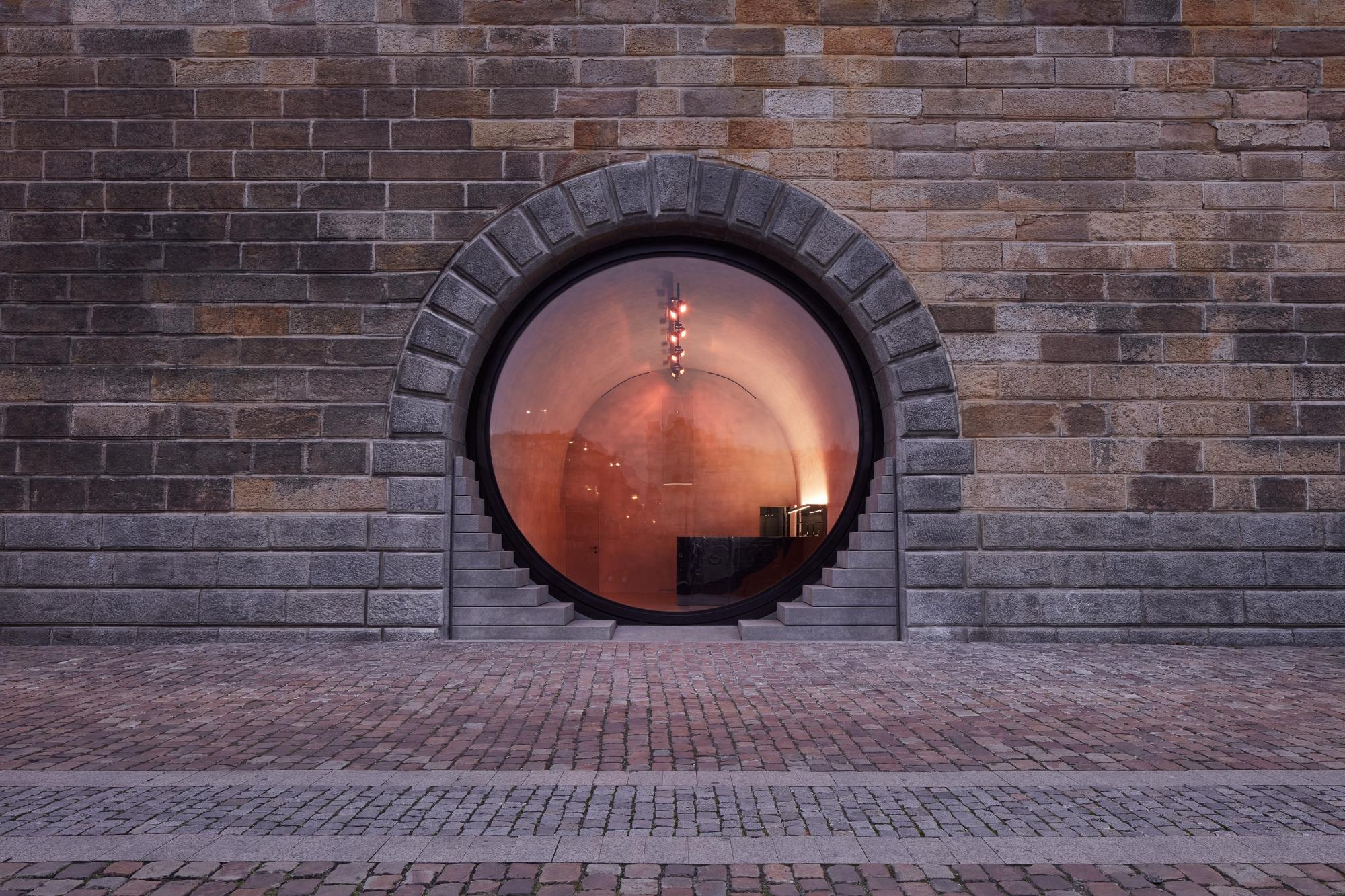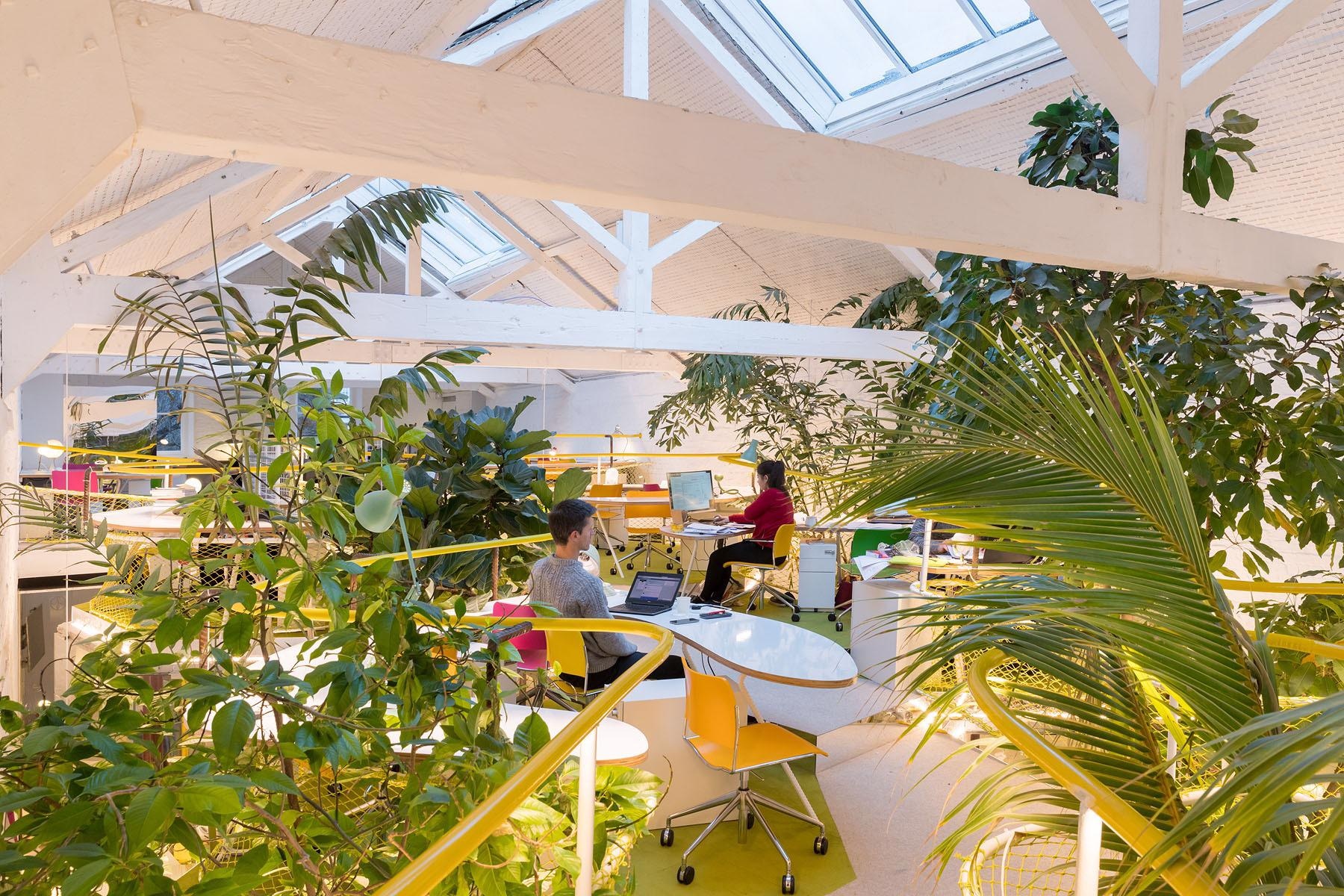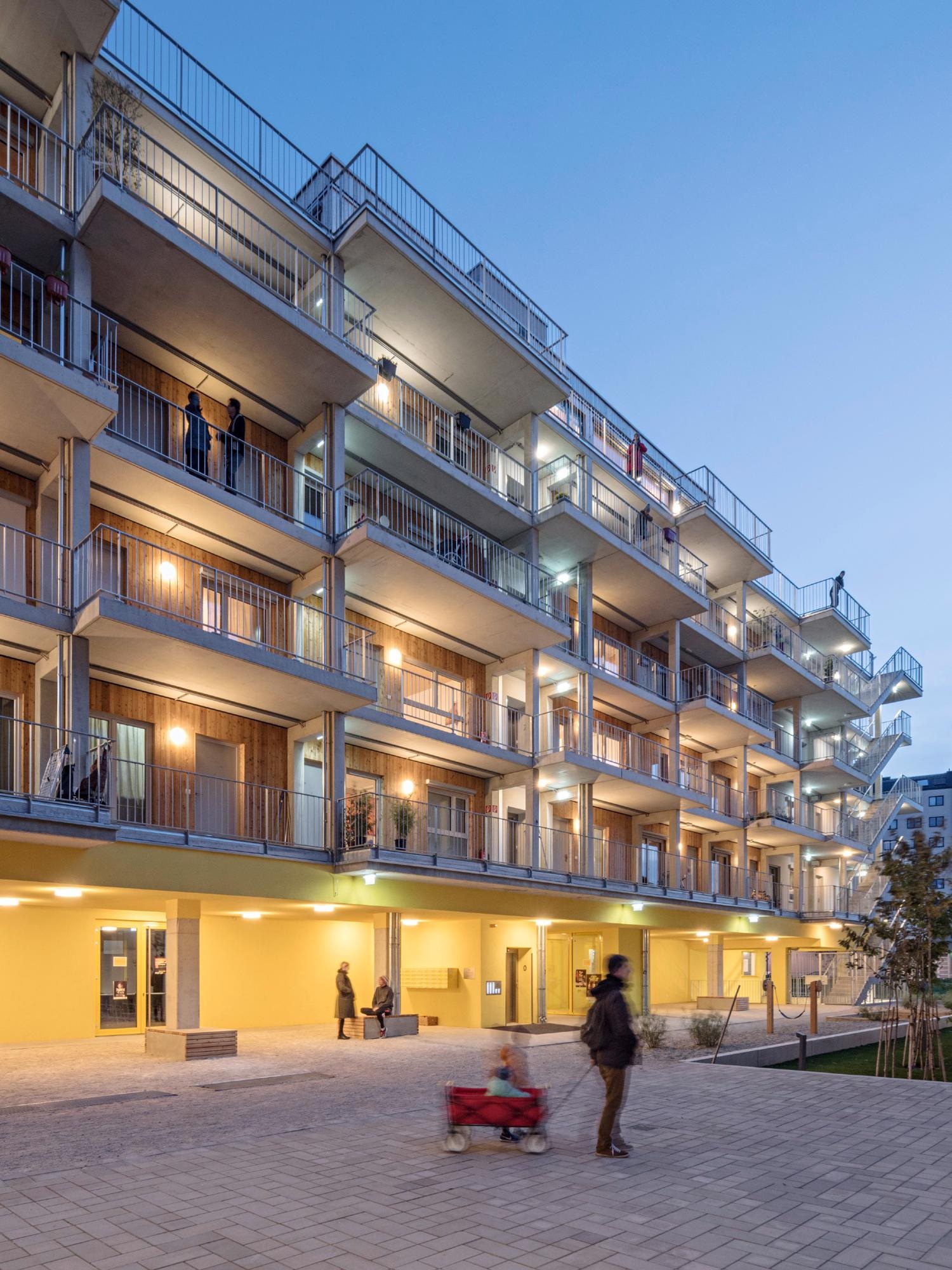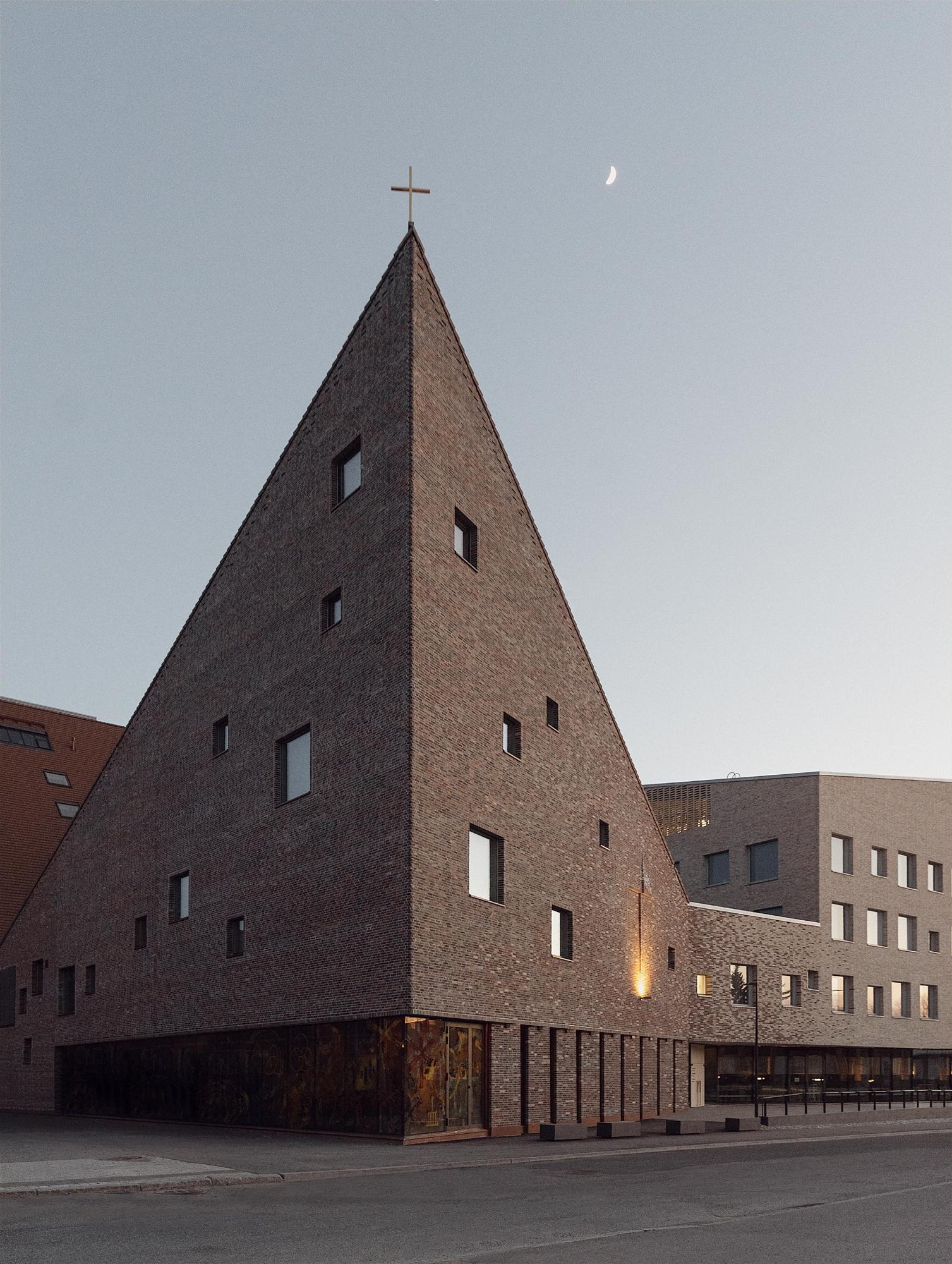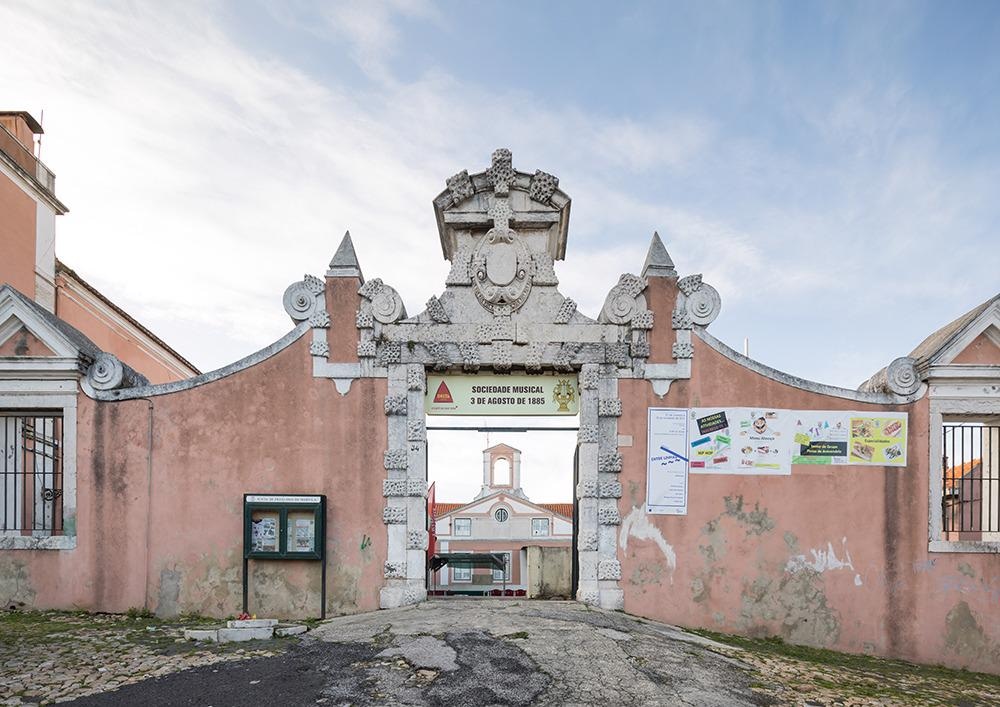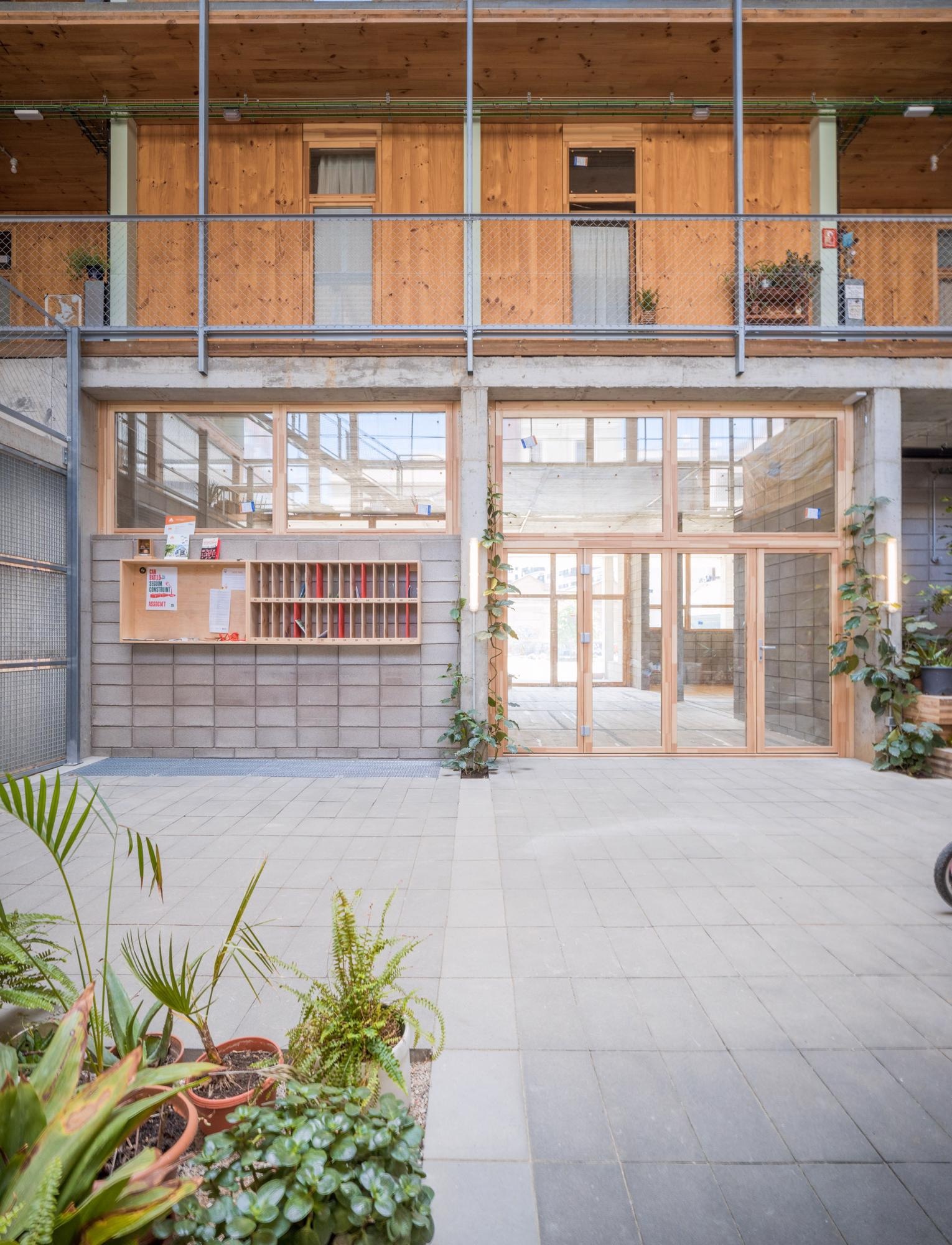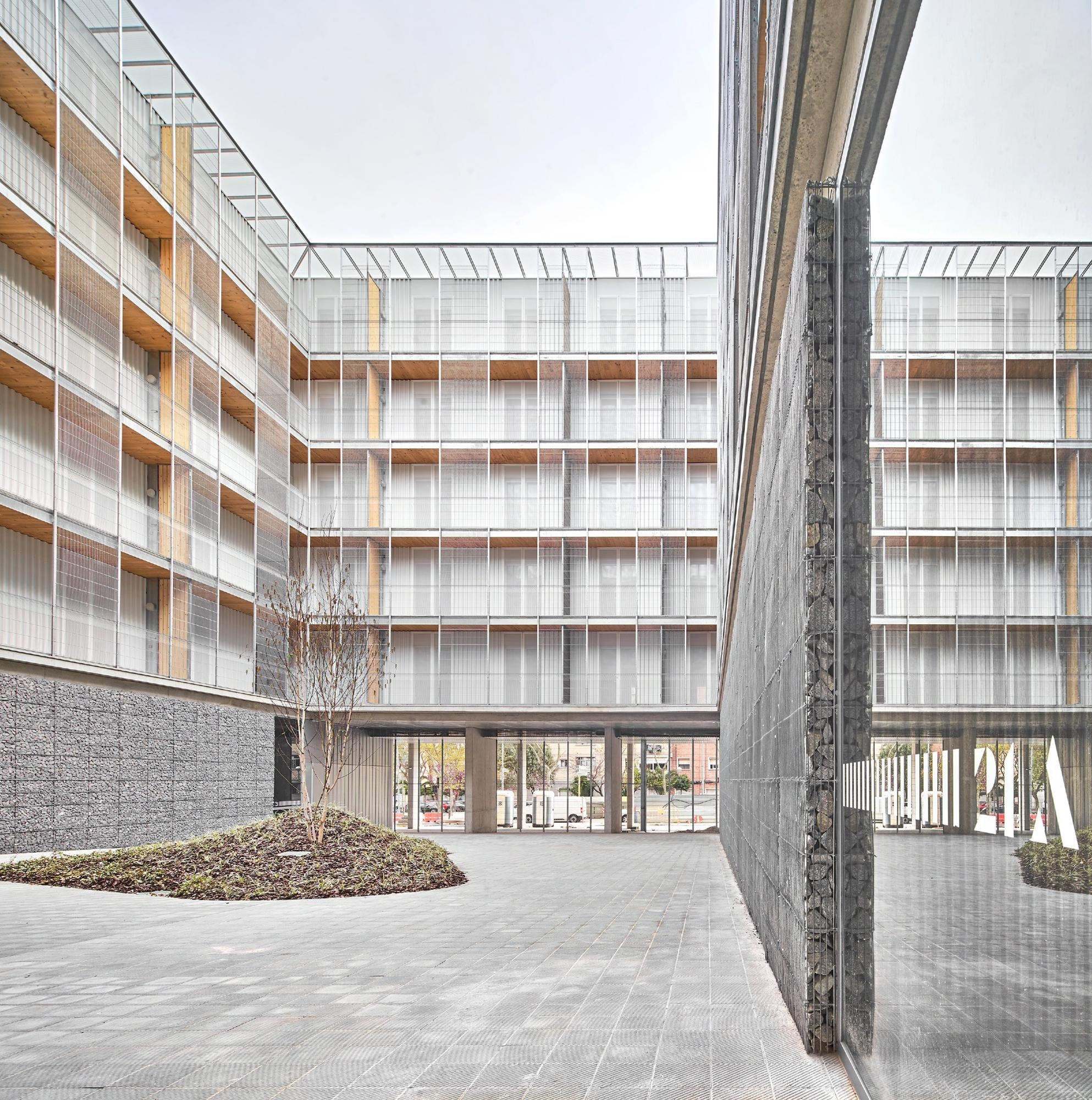
With 2022 now underway, excitement has built following the announcement of the shortlisted architectural firms nominated for the EU Prize for Contemporary Architecture – Mies van der Rohe award. AZoBuild is talking to shortlisted entrants (and two finalists) as we anticipate the winner.
Find a full list of our interviews at the end of this article!
The Mies van der Rohe Award is arguably the biggest prize in European contemporary architecture. It is awarded every two years to architects who embody conceptual, technical, and constructional excellence and can demonstrate the cultural significance of architecture in European cities.
History of the Award
Ludwig Mies van der Rohe was a German/American architect who still looms large in the world of architecture due to his seminal role in the development of modernist forms in the discipline.
Mies remains known not only for acting as the final director of the influential Staatliches Bauhaus school of design, architecture and applied arts before its closure in 1933, but for the structures that remain squarely in the focus of our cultural consciousness still now.
One of his most famous works, the 1929 German Pavilion at the International Exposition in Barcelona, is evoked in the trophy that will belong to the winners of the prize carrying his name.
The pavilion, as well as the chairs designed for it which have become a staple of 20th-century furniture design, are a testament to Mies’s modernist ‘less is more’ aesthetic. The use of intersecting planes, glass, and a rejection of the distinctions between inside and out all factor into what makes this design so striking.
The Fundació Mies van der Rohe was created in 1983 to reconstruct, conserve and share knowledge about the German Pavilion in Barcelona. The Mies van der Rohe Award was created collaboratively between the Fundació, the European Commission, and the European Parliament just five years later in 1987, to ‘acknowledge and reward quality architectural production in Europe’.
How it Works
Nominations for the prize are put forward by independent experts, architects’ associations, and an advisory committee. Any works completed in Europe within the last two years prior to selection were able to be considered.
The nominees are judged by a panel of seven: Tatiana Bilbao (chair), Francesca Ferguson, Mia Hägg, Triin Ojari, Georg Pendl, Spiros Pengas, and Marcel Smets.
The panel has already selected 40 nominees for the prize who were announced in January 2022. The nominees are made up of architects from 18 different European countries; this will be the final year that entries from the UK are allowed, with three projects nominated.
This Year’s Prize
This year’s prize was focused on the key aspects of sustainability, inclusion through collective design, and the use of materials and technology to reflect cultural aesthetics and values. As a result, collective housing took up a significant proportion of the shortlist with nine projects falling under this umbrella, while cultural buildings took seven spots.
AZoBuild is featuring a number of the 2022 shortlisted and finalist projects in an interview series that will delve into the inspiration behind some of the most exciting nominees this year. Over the next few months, we will be publishing these interviews across the site as we anticipate the announcement of the winners in April.
Congratulations to Peris+Toral Arquitectes and Lacol for reaching the final! Read their interviews below:
Full List of Interviews
